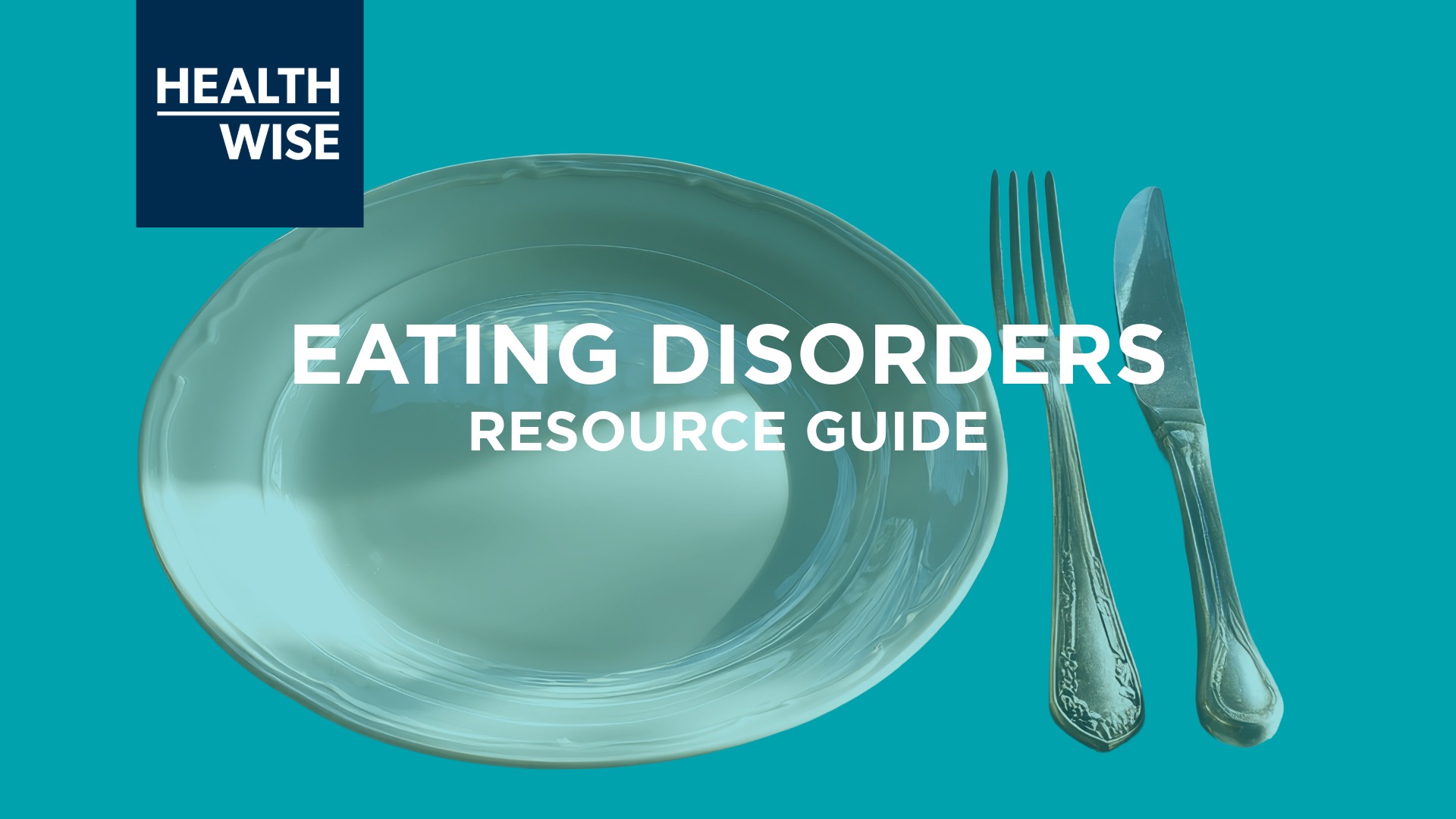Everyone experiences feelings of anxiety from time to time. Whether it is public speaking, a first date or a job interview. Some anxiety can be helpful as it helps us react to potential threats by quickening our reflexes and helping to focus our attention. It usually settles once the stressful situation has passed.
Anxiety disorder is when those feelings don't go away, they are extreme for the situation and you can't seem to control them. When anxiety is severe it can make it hard to cope with normal daily life.
The feelings:
- Are quite intense
- Last for weeks, months or can keep going up and down over many years
- Negatively affect your thoughts, behaviour and general health
- Leave you feeling distressed and not enjoying your life
Anxiety can cause physical symptoms like a racing heart, tight chest and stomach cramps. Anxiety can also affect other areas of your life like your performance at work and your relationships. It's common for people with anxiety to also experience depression.
What are the signs and symptoms?
Worrying and the symptoms of anxiety can creep up on you slowly. This can make it hard to know how much worrying is too much.
- Hot and cold flushes
- A racing heartbeat
- Chest tightness
- Struggling to breathe properly
- Worries that are snowballing getting bigger and bigger
- A racing mind full of thoughts
- Persistent worry that seems 'silly or crazy'
There is no one reason why it might happen and there are a variety of factors that can influence our risk of anxiety disorders. Some things include:
Your Past - Research tells us that unfavourable experiences in childhood can increase our risk of experiencing distress. Evidence also shows that genetics play a role too.
Major life change - Whether it’s an event you’ve been expecting, or something that comes completely out of the blue, big changes can have a huge impact on your life.
Ongoing challenges - An initial challenge or difficult situation could trigger or build up your distress. Sometimes these challenges build up and make the conflicts and frustrations of everyday life worse.
How can you get help?
Start by talking to someone:
This could be a family member, friend or someone else you trust. It also helps to get support from a supportive GP who will listen to you. If your GP isn't currently supportive consider getting a new GP.
Things you can do yourself:
- stay active, physical activity has been well researched to help with mild symptoms of anxiety.
- spend time in nature and benefit from the calming effect it has on our physical and emotional well being.
- prioritise sleep. Sleep is an important factor in looking after our mental health.
- focus on healthier meals as nutrition can impact the biochemistry of the brain. Healthy foods have a positive effect on the brain.
- reduce alcohol consumption. Alcohol is a depressant and can have a negative effect on our mental health.
- connect with your loved ones. Connection has been shown to help wellbeing in times of distress.
Reduce life stressors:
- stick to a daily routine
- postpone major life changes until you are feeling better
- take holidays from work and enjoy a break.
- learn to relax through yoga, meditation, muscle relaxation or a breathing technique.
- find a counsellor you can trust and work through issues you're facing.
- try out a mindfulness app like mentemia.
Medication:
- Your GP or psychiatrist may suggest medication for anxiety. For many people the right medication can be really helpful. It is important to note that although medication can help reduce the symptoms of depression and anxiety, they won't fix what might be going on in your life that might have affected your mood.




.png)